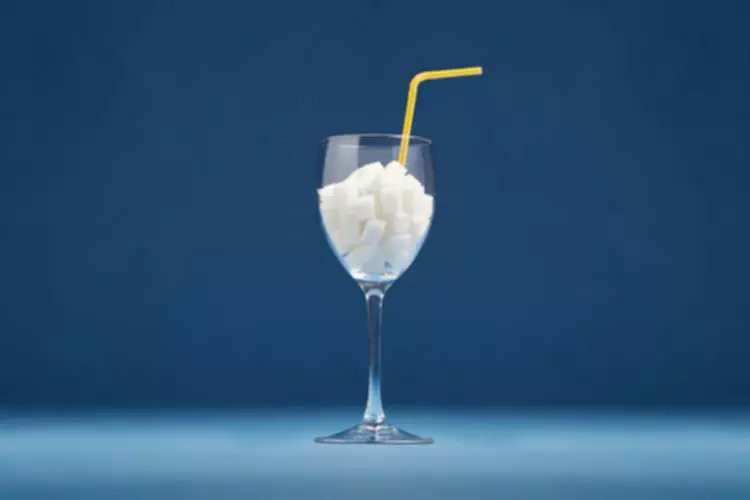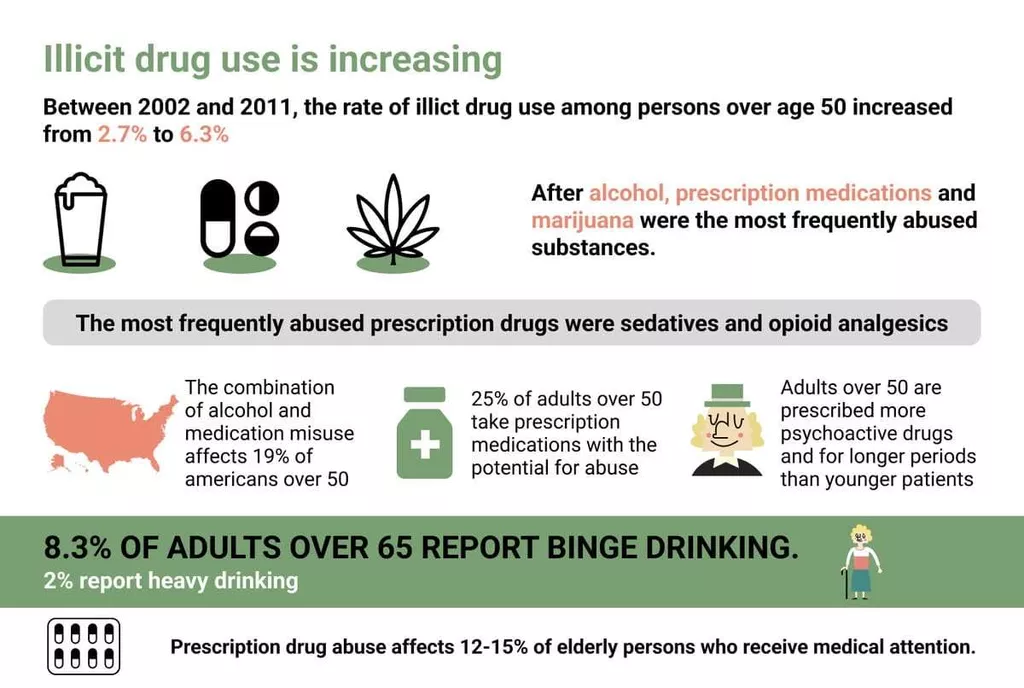
With the increase of Internet usage time, the possibility of Internet addiction was also Increased. Since the self-report questionnaires were adopted, there may be common method bias (Podsakoff et al., 2003). All the variables measurement items in unrotated factor analysis were combined. If only one factor remains or the first factor explains the vast majority of the variation, there is severe common method bias.
Alcohol and Domestic Violence

Vanessa was given context for the requested lifestyle change and provided with the support she needed to manage her angry outbursts. Psychoeducation combined with anger management helps people in treatment better understand their situation and how to cope with it. By identifying triggers, stressors, and maladaptive coping mechanisms, treatment can target these underlying issues and promote healthier alcoholic rage syndrome alternatives for managing emotions and cravings. In assessing the level of risk, it’s essential to differentiate between verbal expressions of anger and potential physical aggression.
Understanding the Link Between Anger and Alcoholism

Gender-specific differences exist in how domestic violence manifests, with men typically expressing physical aggression while women may demonstrate it indirectly. The present work provided the information on role of anger on treatment outcome among dependent and abstainers. Relapsers group differ from the abstainer group in relation to the presence of trait and state anger.
Why Self-Reflection is a Valuable Tool in Mental Health Recovery
If you’ve noticed that you’ve flown off the handle several times while drinking, it’s time to take a break from https://ecosoberhouse.com/ hard boozing and back away from the problem. You may even be using alcohol to cope with your anger problems, trying to numb your anger or perhaps hoping to release them in ways that feel cathartic at the time but do not help you in the long run. Moderating your drinking, either permanently or for a little while, will help you view the problem from a healthier, less clouded point of view.
- Many people may naturally become angry or upset when drinking, but it’s not necessarily their fault.
- Professional treatment for alcohol-related anger can help avoid the habit of drinking and decrease the likelihood of alcohol-related aggression.
- AUD and depressive disorders appear to share some behavioral, genetic, and environmental risk factors, yet these shared risks remain poorly understood.
- This infographic summarizes data on alcoholism and anger and the rates at which violent offenses involved alcohol use.
- Once you’ve accepted that you have a problem, you can begin to understand and remedy the situation.
The Link Between Addiction and Domestic Violence
Anger issues are sometimes triggered by external forces like financial problems, high-stress work environments, and marital problems. Even just a few drinks can completely change the way our neurotransmitters talk to one another. This communication disruption can wreak havoc on your frontal lobe’s decision-making, judgment, and executive control. Think of the last time you or an angry-drunk friend interpreted someone else’s actions as insulting and getting into a fight when the whole thing could have been avoided.

Studies that compared trait and state anger between substance users and non-users were included. Psychoactive substance users was described in the studies according to clinical evaluation based on the DSM-III and DSM-IV criteria for substance use disorder. For years, our team at Gateway Foundation has provided comprehensive recovery programs for people going through alcohol misuse. Through various treatment options, we can help you get back to a life of normalcy. For more information about how we can assist you in your recovery journey, read about our alcohol addiction treatment options.
In this way, when we encounter public health emergencies, we can take actions more appropriately and quickly to protect the public’s mental health. In the present study, students’ increasingly anxious emotion during the pandemic might be a very important reason for aggressive behavior (Chen et al., 2020; Tang et al., 2021). Longstanding media exposure, particularly in the period of public emergencies, would aggregate one’s anxiety (Alasousi et al., 2020; Wheaton et al., 2012). During the pandemic, there were mass information about the virus published on the Internet every day.
It happens because such a person would seek escape from the painful thoughts of previous trauma or abuse. The brain is the human body’s main organ that deals with cognition, memory, and emotional responses. To work properly, it has many special chemical-like substances known as neurotransmitters.
- It’s important to remember that overcoming anger in recovery is a process that requires time, patience, and dedication.
- By prioritizing personalized interventions, we can help individuals with healing and self-discovery.
- Call The Dawn today to learn more about how we can help you channel your emotions into a positive, successful recovery.
- Furthermore, anxiety but not depression mediated the effects of Internet addiction on aggressive behavior during the pandemic period.
- As adolescents are immature in their psychological development, they may develop a series of inevitable psychological and emotional distress such as anxiety, depression, and fear in the face of an outbreak (Chen et al., 2020).
- Aside from existing anger issues, people can turn into aggressors when drinking for several reasons.
The role of professional development in post-addiction life
The key with managing anger isn’t to repress it, but to feel it, cope with it, and address it in a way that does not negatively impact your health or your recovery. Individuals can intensify their aggression or are at risk of experimenting with other drugs for a “better” high. As children are still developing personality traits and social skills, witnessing domestic abuse or parental drug abuse can cause trauma, which can affect their personality. Anger can be caused by a vast number of reasons, such as from boundaries being crossed or underlying, unhealed trauma. Whatever the cause, learning healthy methods to cope with anger is key in reducing substance-abuse related problems that emerge or are worsened because of poor anger management. Anger is both a cause and consequence of addiction, and unhealthy anger management can be a major obstacle to successful recovery.
Anger and addiction potential
- Table 3 indicates the presence of higher mean score on trait anger for dependent group.
- If a health professional has diagnosed you with anger management problems, you may find these get worse when you drink.
- However, the temporary escape provided by these substances often results in guilt and shame, which can intensify feelings of anger.
Anger, on the other hand, is an emotion that can range from mild irritation to intense rage, and it can manifest in various ways, such as verbal outbursts, physical aggression, or passive-aggressive behaviors. Alcohol-related aggressiveness can also occur commonly if you’re already struggling with a mental health issue such as anxiety, stress, and depression. In such a case, drinking alcohol can further exaggerate the condition and precipitate anger-related issues. Although alcohol consumption may produce short-term relaxing and soothing effects, it has many adverse effects on human behavior and emotions in the long run. As mentioned above, alcohol can damage the marijuana addiction brain cells and their chemicals; alcohol can lead to aggression, uncontrolled anger, offensive behavior, and violent activities. Moreover, alcohol can also cause dysregulation in the body’s stress pathways, resulting in increased anxiety, stress, psychosis, and suicidal tendencies.
